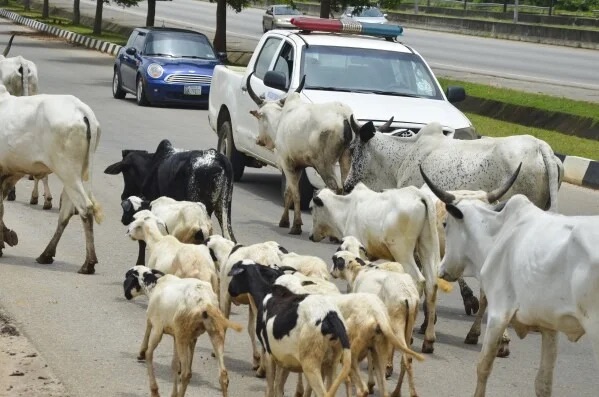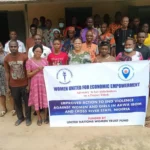In Nigeria’s capital, Abuja, where cattle grazing has long been a familiar–yet uncomfortable–sight, a new reserve is emerging to change that.
In the capital city of Abuja, cattle grazing has been a common sight. Herders ramble along with their clusters of cows, slowing traffic along motorways and leaving piles of dung in their wake. These unseemly scenes have stirred residents’ concerns about safety and sanitation.
A new special reserve in Bwari will now house much of the city’s cattle—a measure that could effectively tackle cattle grazing in public streets and rejig pastoral farming in Nigeria’s capital altogether.
The 9,000-hectare reserve situated in Kawu in the Bwari area council is expected to accommodate about 30,000 cattle and the families of 10,000 herders. Authorities are ratcheting up the reserve’s infrastructure in order to foster sustainability.
Among the string of projects that were recently commissioned was a solar-powered borehole, which ensures an uninterrupted water supply for its inhabitants.
This initiative not only aims to dial back cattle roaming in the city but also enhances the lives of herders with better resources.
The idea of creating a well-resourced ranch for cattle rearing in Abuja aligns with the broader vision to ramp up the country’s livestock industry, thereby boosting the production of meat, dairy and organic manure.
An on-site dam on the ranch will be restored to feed power to its irrigation and cultivation system, preventing herders from relying solely on seasonal rains for pasture.
The establishment of schools and healthcare centres attempts to break the cycle of educational exclusion and poor health outcomes associated with most nomadic families.
The reserve’s system ensures structured protection for not only its inhabitants but also reduces the odds of sporadic conflicts with neighbouring communities.
Abuja as a blueprint
The Kawu reserve is one of 417 grazing reserves across the country selected for renovation.
Nevertheless, it features an effective model that can be replicated across many other states, helping to curb public grazing and tamp down conflict between farmers and herders.
The special-reserve project is not without challenges, however. Long-term success requires sustainable funding, local support, and regular facility maintenance.
However, the project signifies a shift, putting livestock development on the agenda as a matter of national economic policy.
In Abuja, particularly, the project is a notable step that allows cattle thrive in a space built for their survival and the prosperity of those who tend them.
Summary not available at this time.






